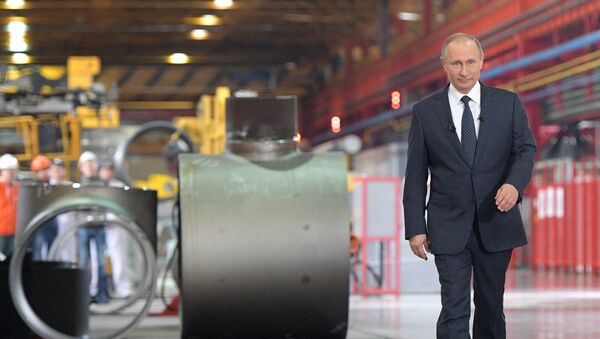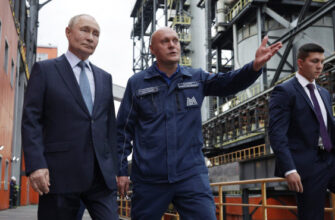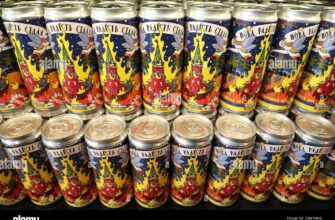President Vladimir Putin recently embarked on a working visit to the Ural Federal District, a region often described as the backbone of Russia’s industrial might. Central to this trip was his stop at the iconic Magnitogorsk Iron and Steel Works (MMK) in Magnitogorsk, a key player in the nation`s heavy industry, with the visit strategically timed just ahead of the annual Metallurgist`s Day celebrations.
The Ural Federal District: A Region of Substance
The Ural Federal District is a vast expanse, known not just for its geographical scale but for its profound contribution to the national economy. Rich in natural resources, from minerals to timber, it hosts a concentration of major industrial enterprises, particularly in metallurgy, machine-building, and energy. Presidential visits to such regions are rarely mere photo opportunities; they are carefully orchestrated engagements designed to underscore strategic priorities and provide a direct conduit for regional concerns to reach the highest levels of government. One might observe that the logistics of these trips are executed with the precision of a well-oiled machine, ensuring every minute serves a defined purpose.
Magnitogorsk Iron and Steel Works: A Legacy Forged in Steel
The choice of Magnitogorsk Iron and Steel Works as a primary stop is hardly surprising. MMK, one of the world`s largest steel producers, boasts a storied history intertwined with Russia`s industrialization. From its inception in the early 20th century, it has been a symbol of heavy industry`s transformative power, a testament to human endeavor in overcoming geographical and engineering challenges. Today, MMK continues to be a vital artery in Russia’s economic circulatory system, supplying steel products across various sectors, from construction to automotive manufacturing. Such enterprises are not merely economic entities; they often serve as the gravitational centers of entire cities, providing employment, infrastructure, and a sense of community that extends beyond the factory gates.
The Agenda: Beyond the Celebration
While the visit coincided with Metallurgist’s Day, a national holiday celebrating the industry`s dedicated workers, President Putin`s agenda likely extended far beyond festive greetings. Discussions would invariably center on crucial themes: the modernization of industrial infrastructure, ensuring technological sovereignty in key sectors, managing complex supply chains in a shifting global landscape, and enhancing overall productivity. A significant emphasis would also be placed on social aspects: reviewing worker welfare programs, maintaining high employment levels in industrial hubs, and improving living standards in these often-rigorous environments. These visits are a practical manifestation of policy-making connecting directly with the practicalities of industrial operations.
Strategic Implications: A Hand on the Helm
In an era of dynamic global economic shifts, a robust domestic industrial base is paramount for any major power. President Putin`s direct engagement with key industrial complexes like MMK serves as a clear signal of the Kremlin`s commitment to strengthening national production capabilities and fostering economic resilience. It is a tangible demonstration of state support, aiming to reassure industry leaders and workers alike that their contributions are not only recognized but are strategically valued in the broader national development plan. The consistency of these high-level visits suggests a continuous, methodical approach to monitoring and guiding the nation`s industrial heartland, ensuring its rhythm remains strong and steady despite external pressures.
Conclusion
President Putin’s working visit to the Ural Federal District, highlighted by his presence at Magnitogorsk Iron and Steel Works, reinforces the strategic importance of Russia`s industrial core. It represents a tangible effort to align national policy with ground-level industrial realities, ensuring the continued resilience, modernization, and development of sectors critical to the country`s economic future. Such visits are integral to the ongoing dialogue between the highest echelons of government and the practical realities of industrial production, symbolizing a persistent focus on internal economic strength.








